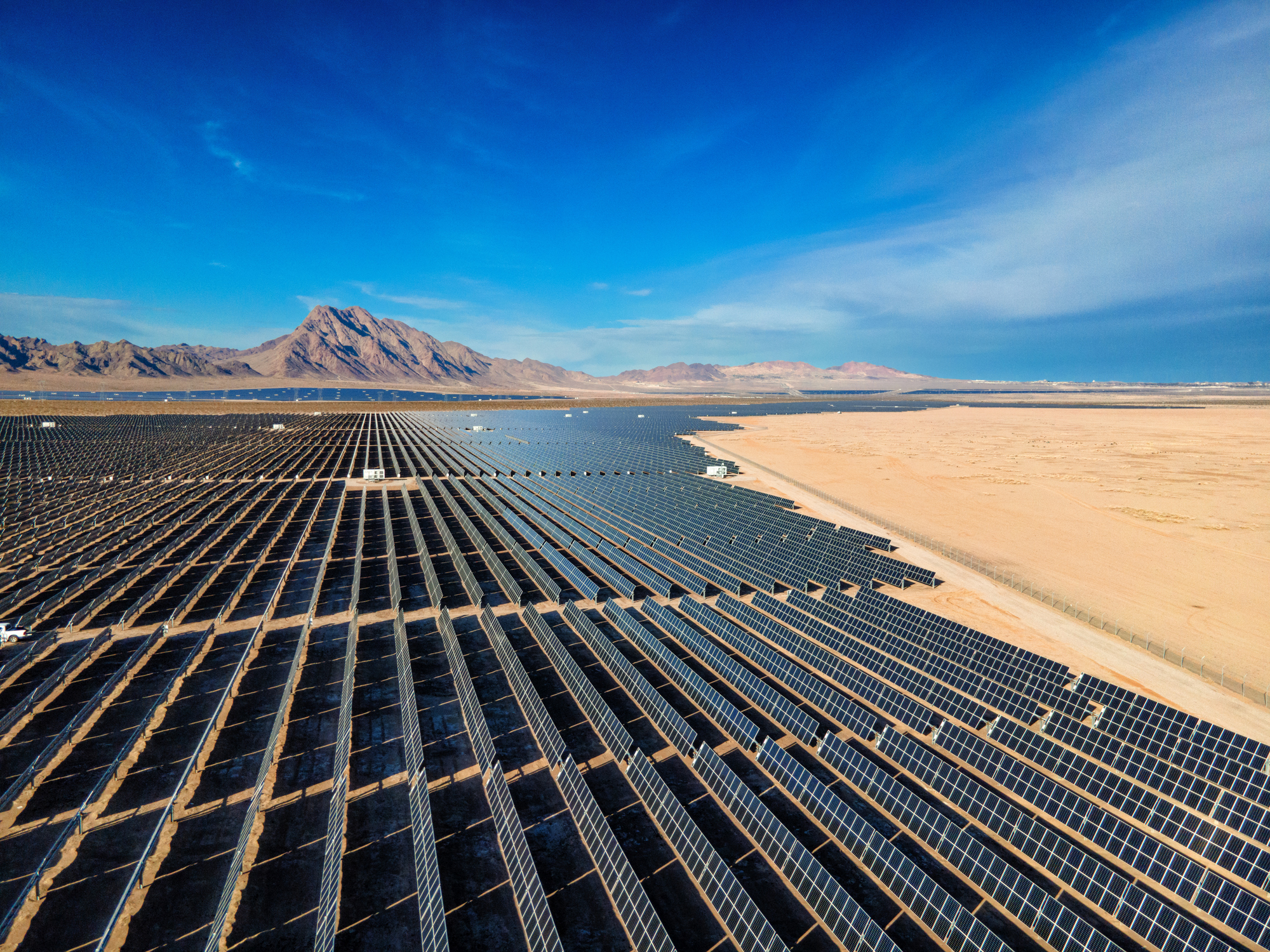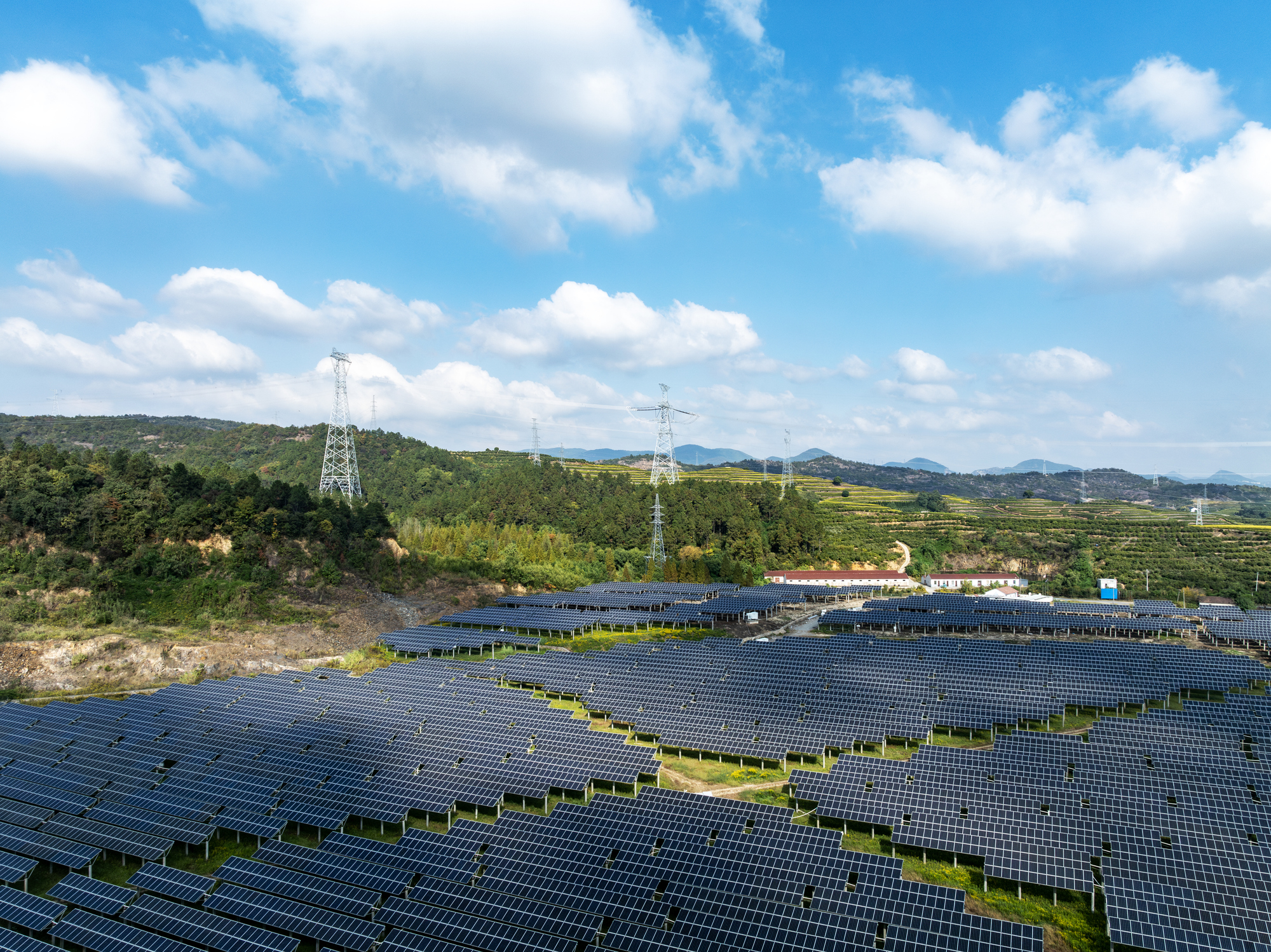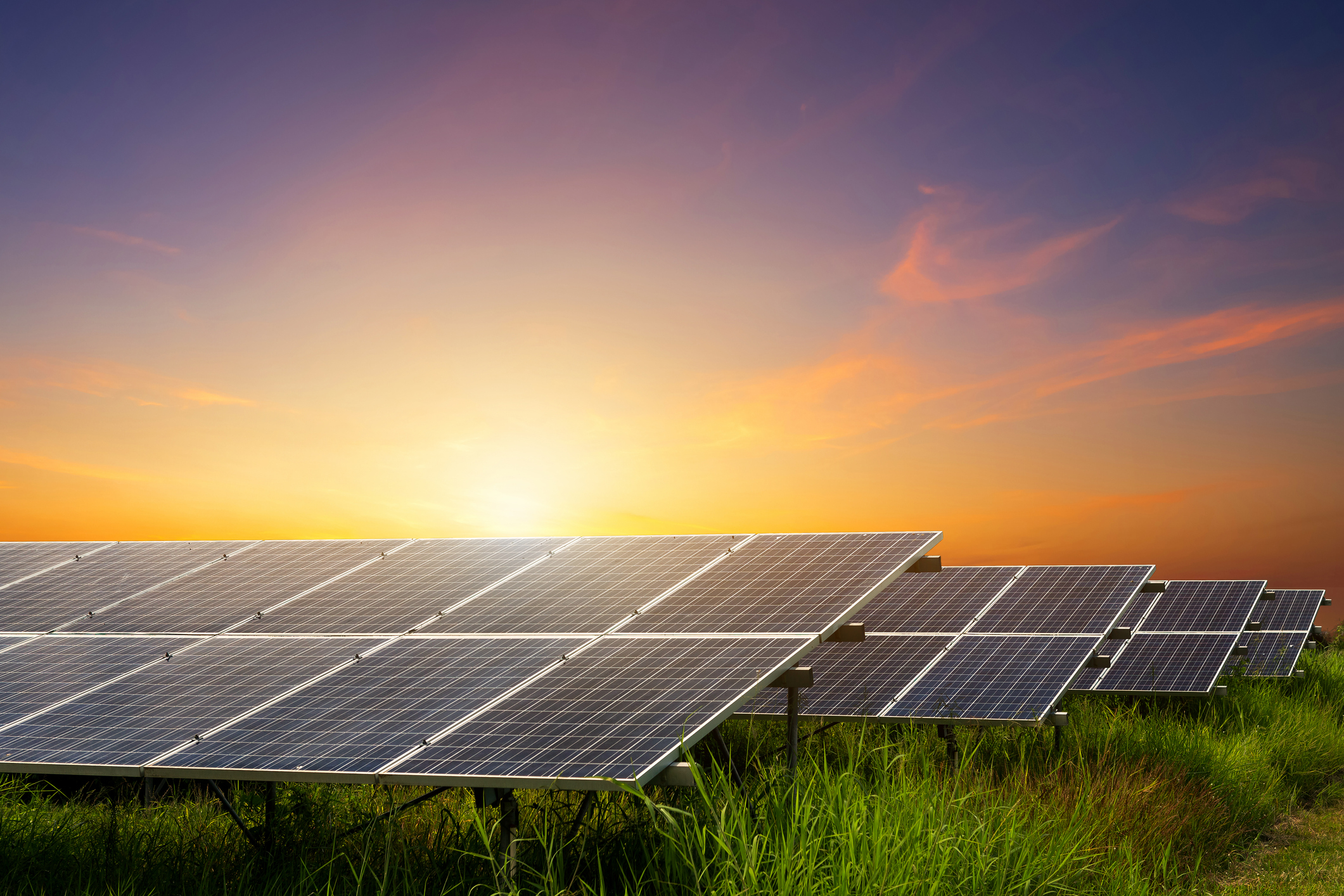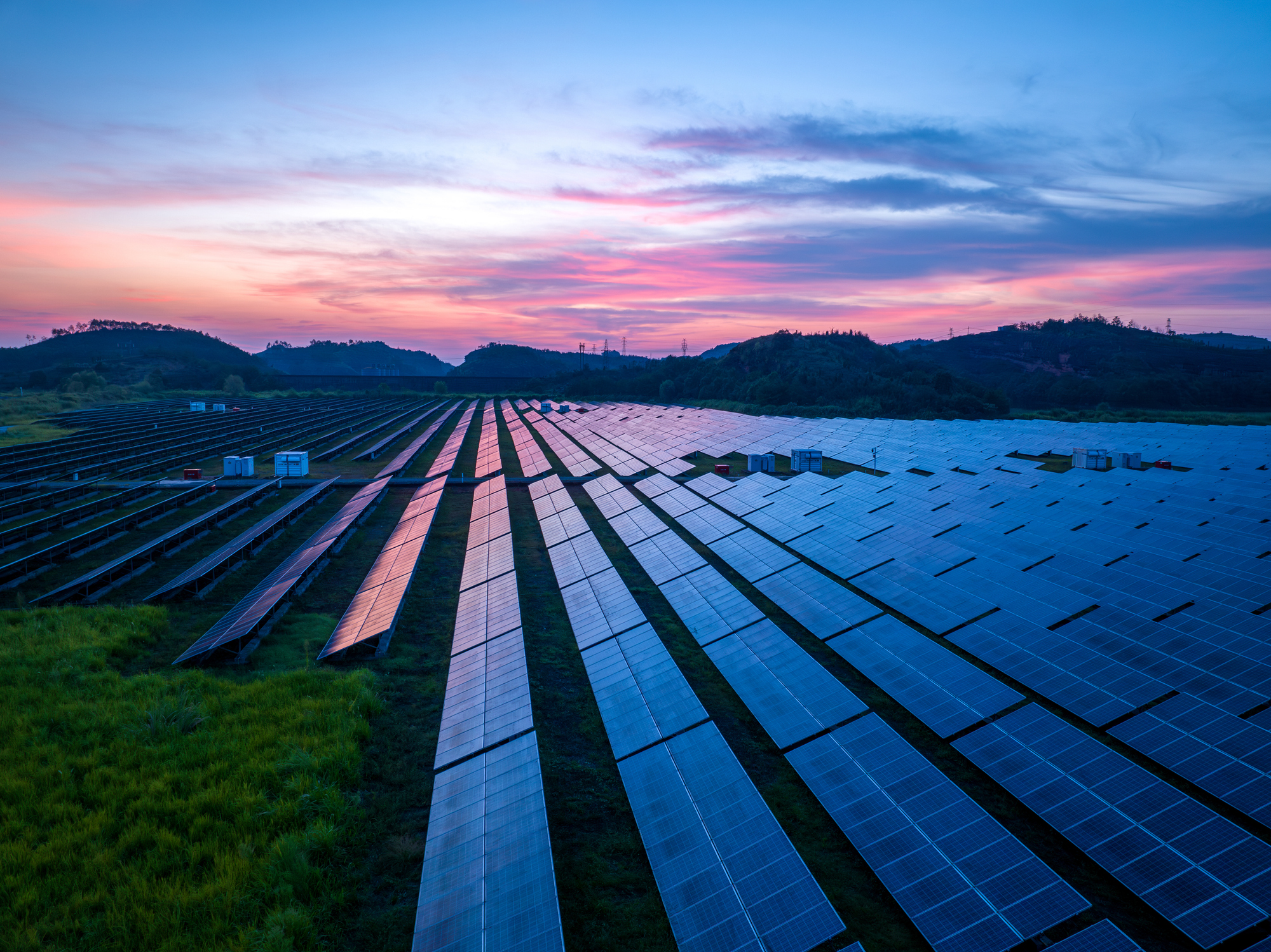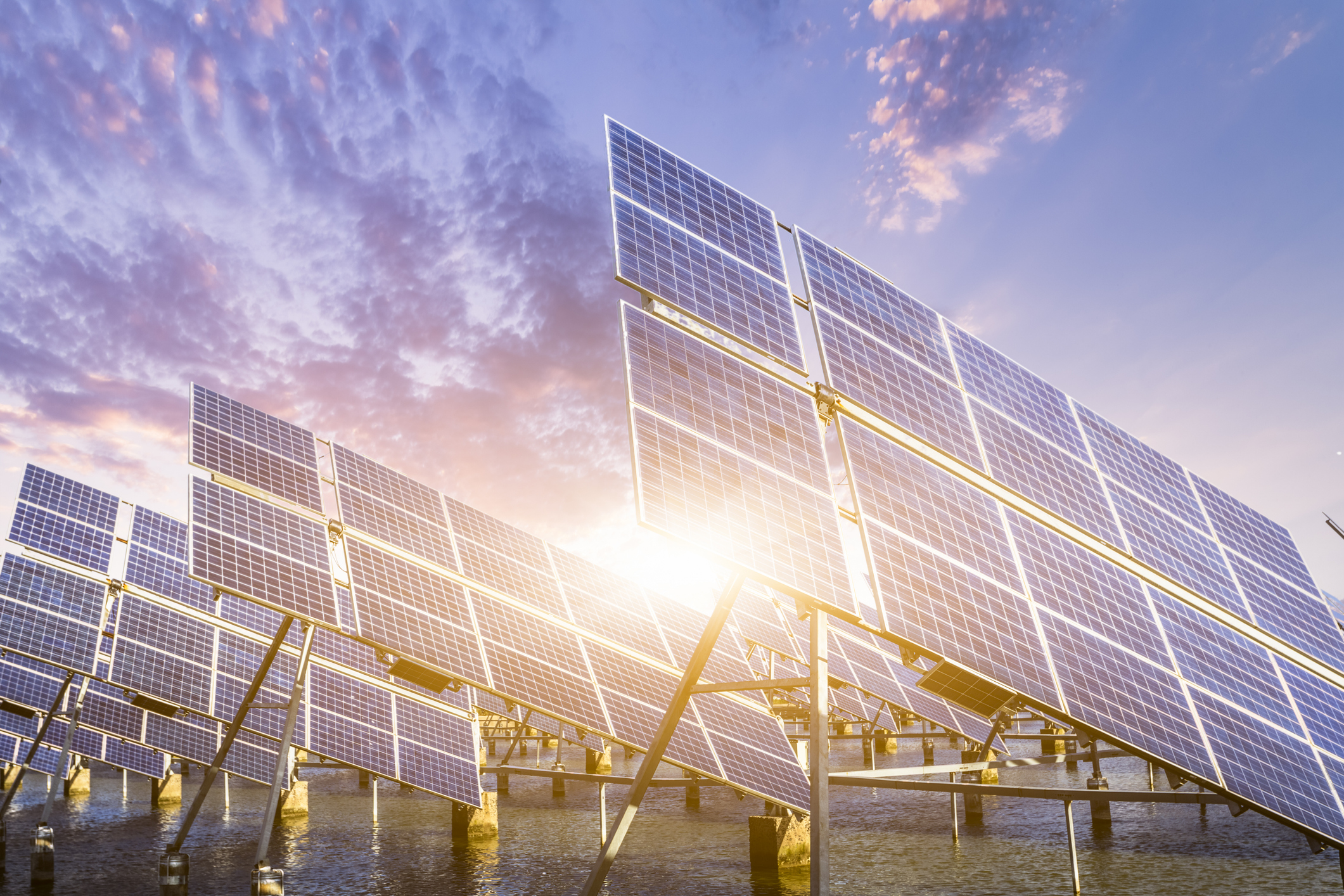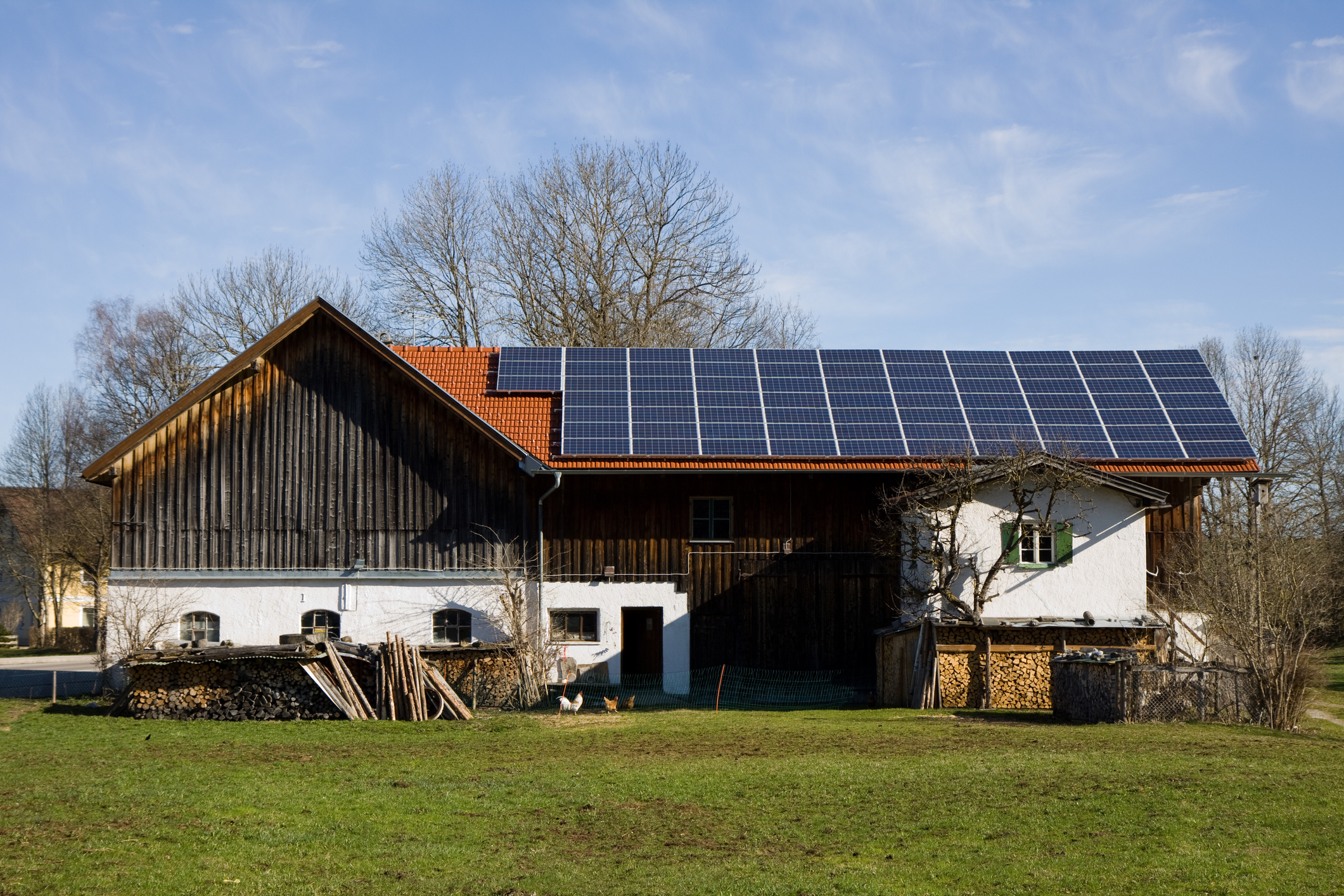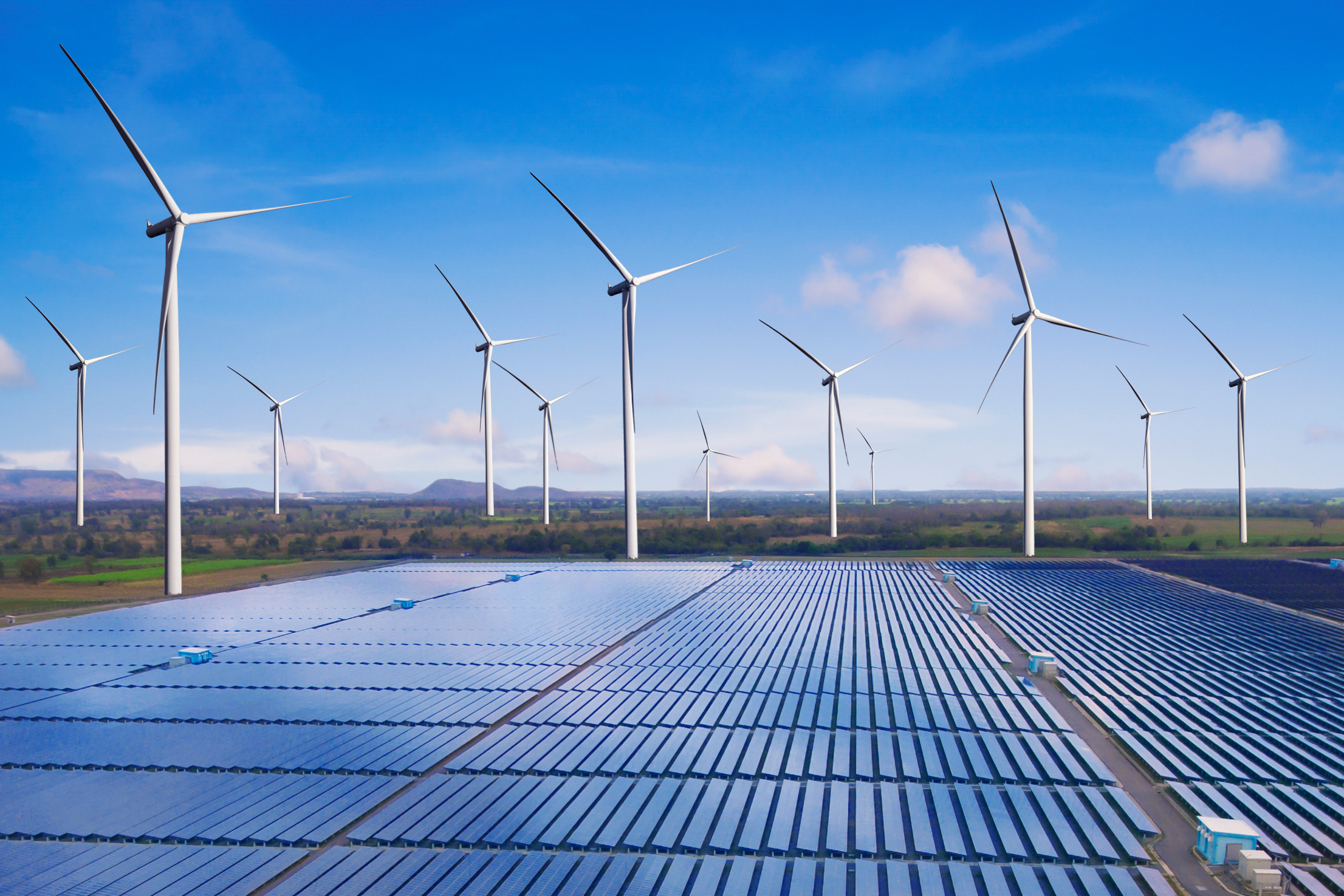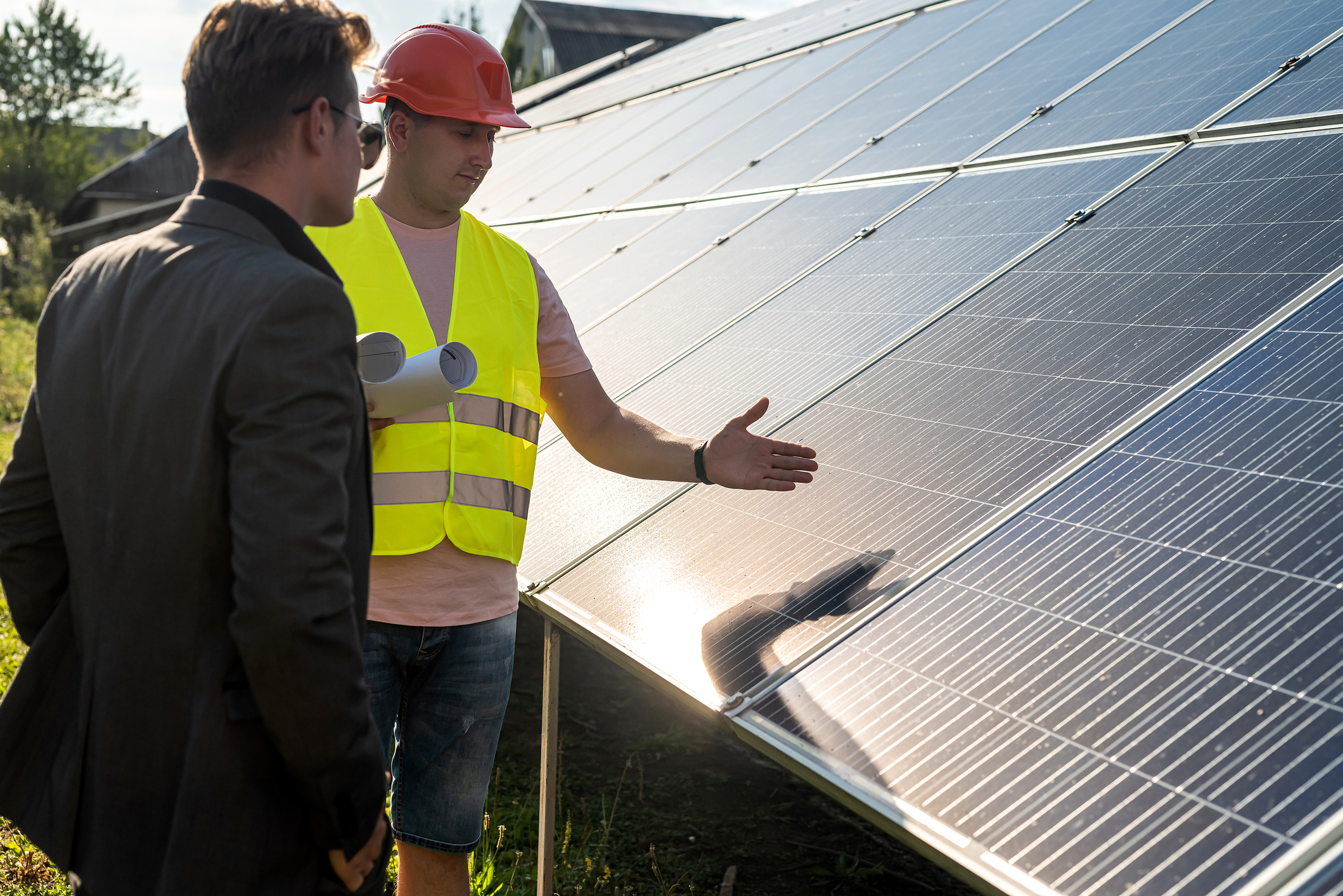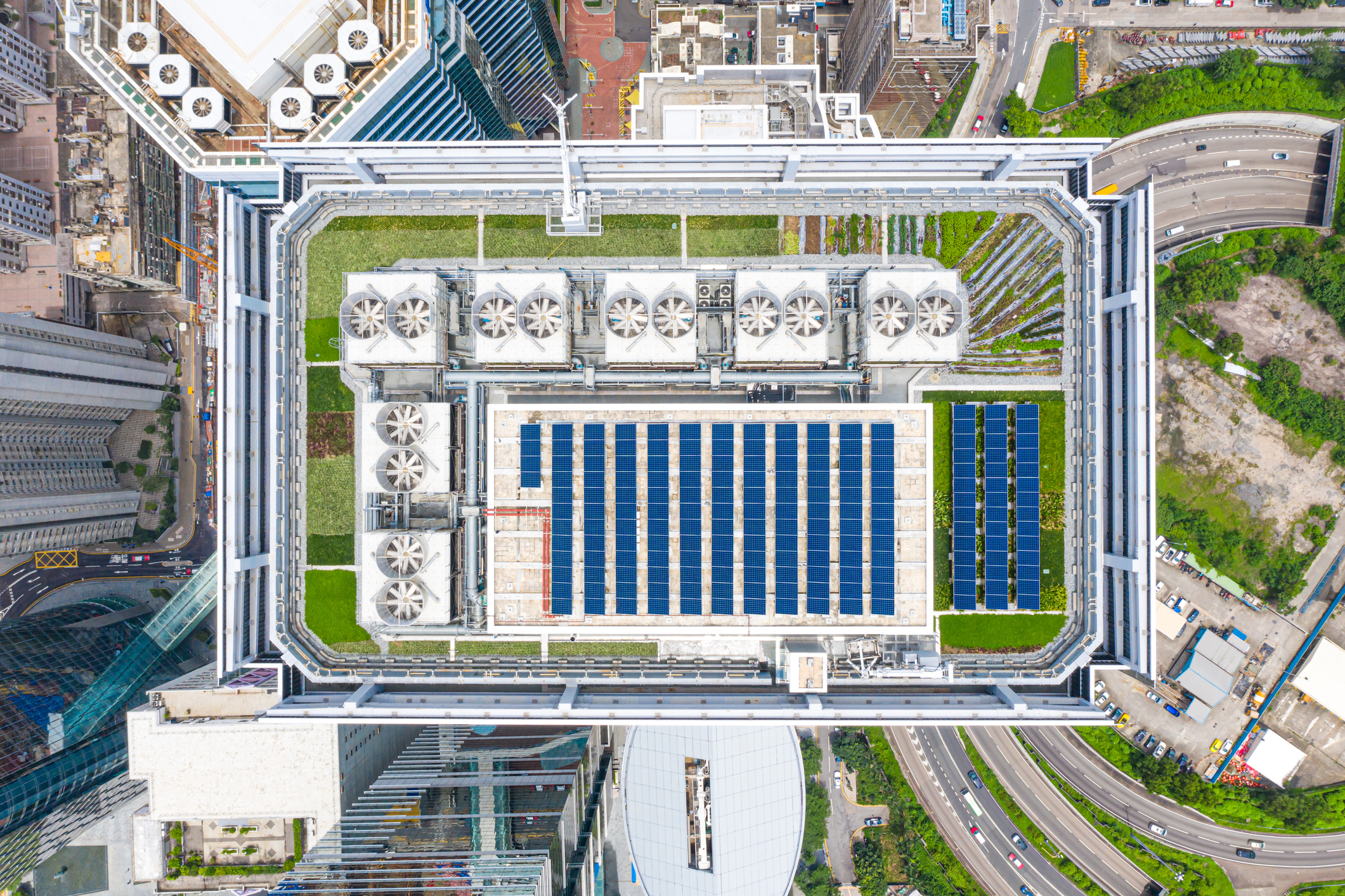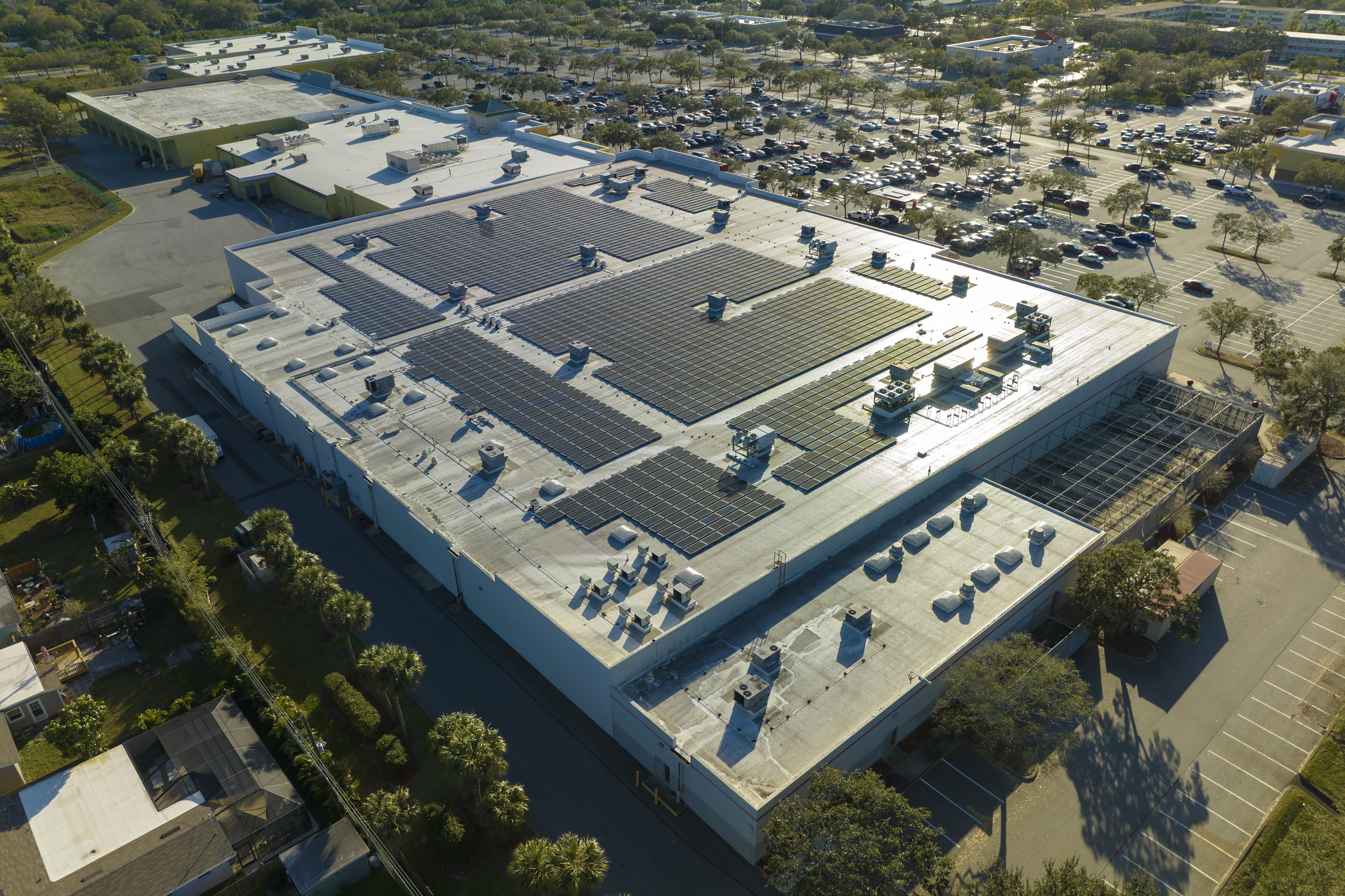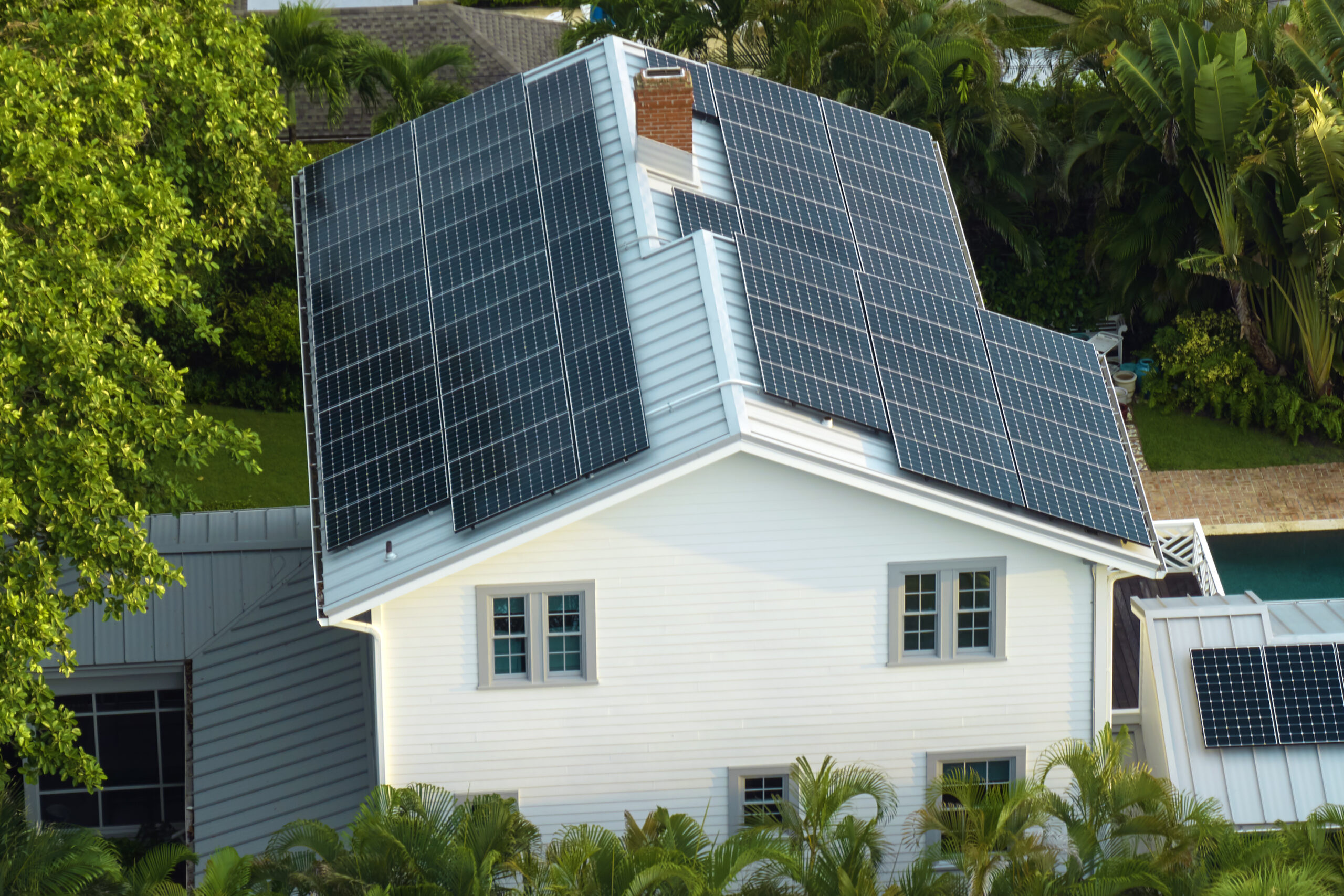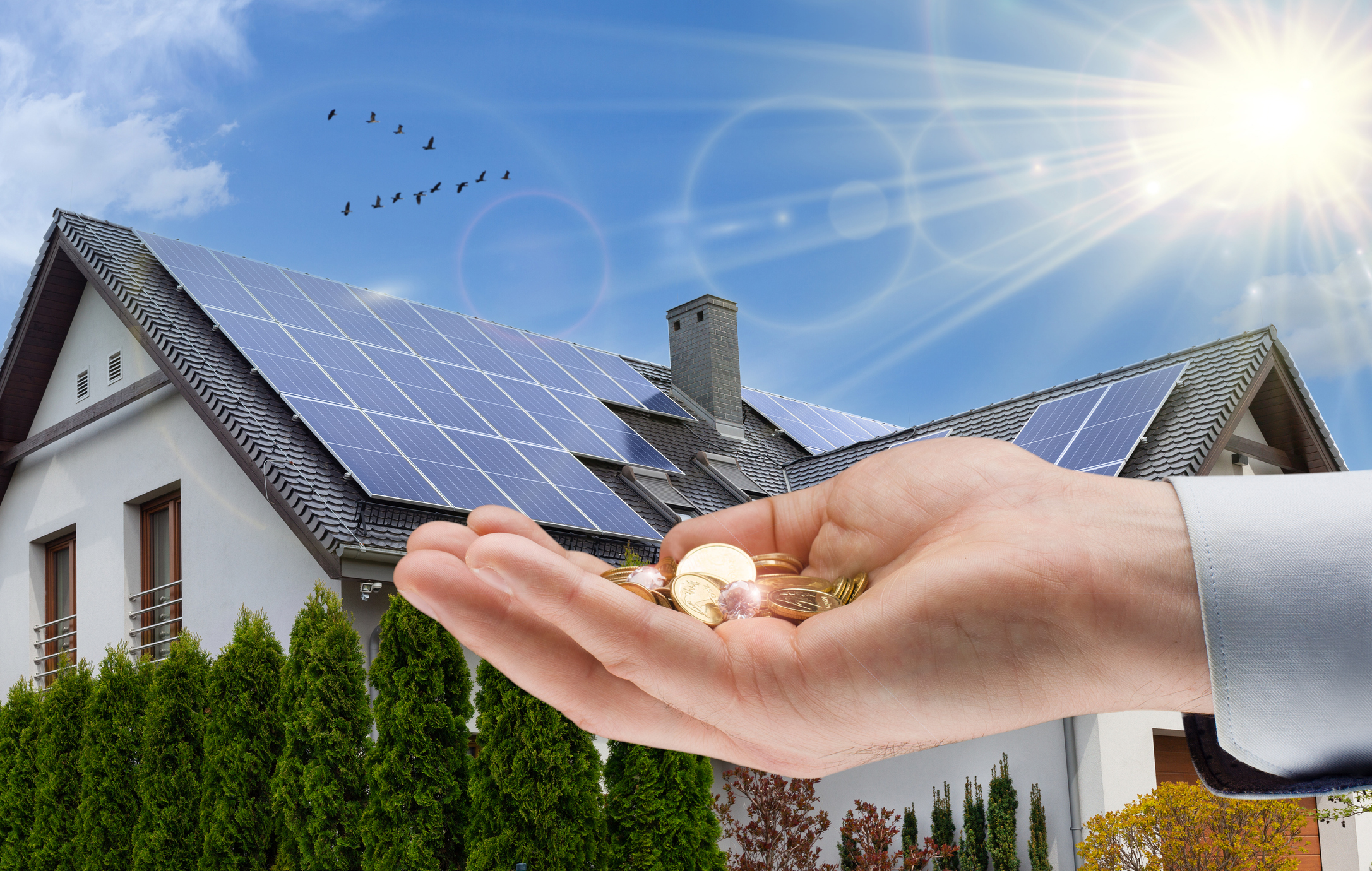Today, we’re diving into an important topic: the economics of solar energy. With rising
energy costs and growing concerns about environmental sustainability, more and more
people are turning to solar power as a viable alternative. But just how much can you save by
making the switch to solar? Let’s explore the financial benefits of solar energy and see how
it can help you save money in the long run.
Understanding the Cost of Solar Energy
Before we delve into the potential savings, let’s first understand the cost of solar energy. The
initial investment in a solar energy system typically includes the cost of solar panels,
inverters, mounting equipment, and installation. While this upfront cost may seem
significant, it’s essential to consider the long-term savings that solar energy can provide.
- Lower Energy Bills
One of the most significant financial benefits of solar energy is the reduction in your monthly
energy bills. By generating your own electricity from the sun, you can significantly decrease
or even eliminate your reliance on the grid. This means lower electricity bills month after
month, allowing you to save hundreds or even thousands of dollars each year.
- Return on Investment (ROI)
Solar energy systems offer an excellent return on investment (ROI) over time. While the
initial installation cost may seem high, the savings on energy bills and potential incentives
can quickly offset this expense. In many cases, homeowners can recoup their initial
investment within just a few years and enjoy free electricity for decades.
- Net Metering
Another financial incentive for solar energy users is net metering. With net metering, any
excess electricity generated by your solar panels is fed back into the grid, allowing you to
earn credits on your utility bill. This means that on days when your solar panels produce
more energy than you need, you can essentially “bank” that energy for use during times of
higher demand or when your panels are not producing as much electricity.
- Tax Credits and Incentives
Various tax credits and incentives are also available to encourage the adoption of solar
energy. For example, the federal Investment Tax Credit (ITC) allows homeowners to deduct
a percentage of the cost of their solar energy system from their federal taxes. Additionally,
many states and local governments offer additional incentives, such as rebates or grants, to
further reduce solar installation cost.
- Increased Property Value
Investing in solar energy can also increase the value of your property. Studies have shown
that homes equipped with solar panels sell for more than those without, making
solar energy an attractive selling point for potential buyers. This means that you can enjoy lower energy bills while you live in your home and potentially recoup the
cost of your solar installation when it comes time to sell.
The economics of solar energy are clear: investing in solar power can lead to significant
savings over time. Going solar has numerous financial benefits, from lower energy bills and a high ROI to incentives like net metering and tax credits. If you’re ready to start saving money and reducing your carbon footprint, contact Troop Solar today to learn more about how solar energy can work for you.
